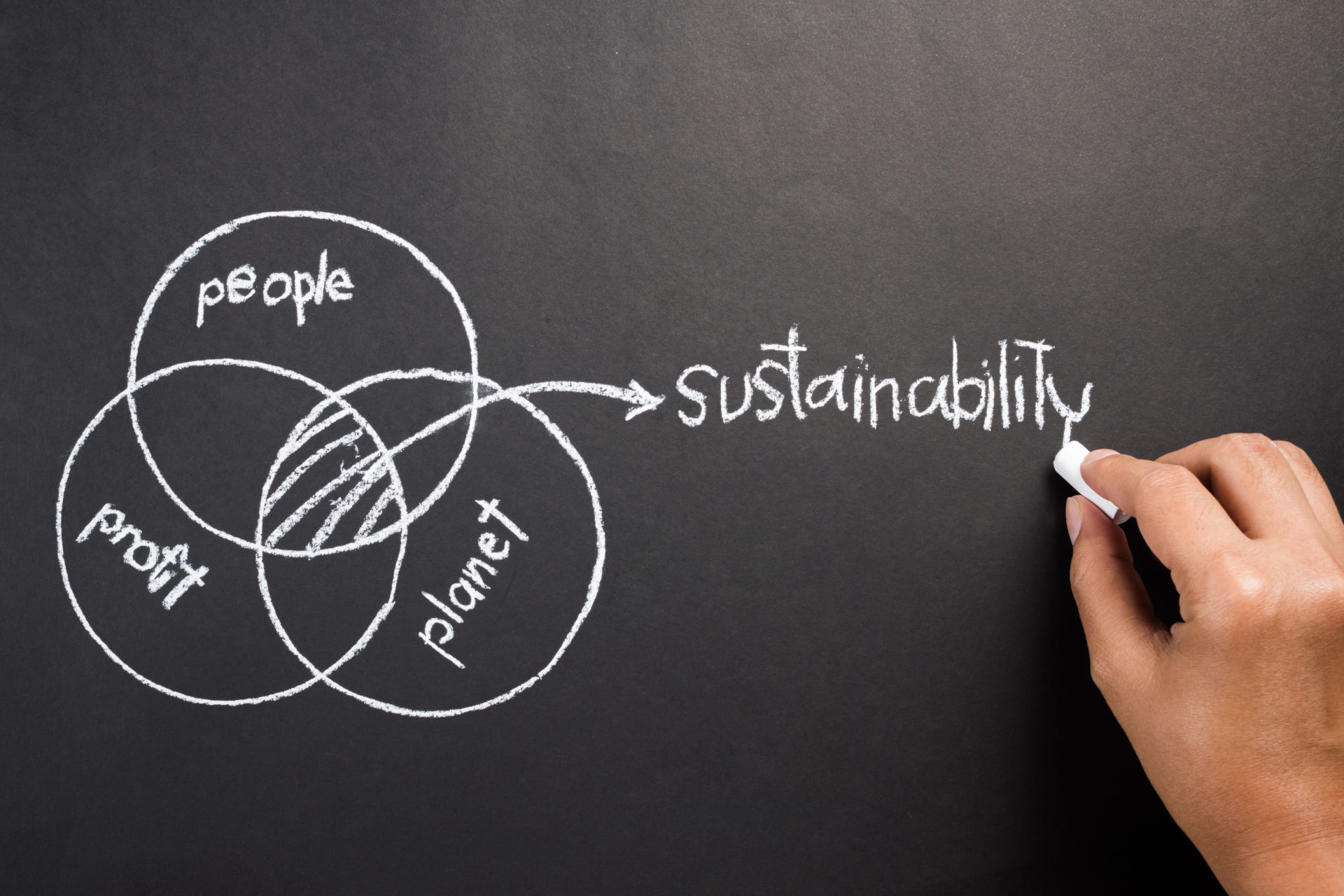A primer on prioritising social, environmental and economic sustainability in business
In partnership with INCEIF
A survey published in 2020 by Cambridge Assessment International Education (Cambridge International) found that four out of five Malaysian teens and students want careers that allow them to make a positive impact on social and environmental issues. This means working for companies that embody such values or creating a sustainable business of their own. Social responsibility has also become a priority among investors and consumers, according to Professor Dato’ Dr Azmi Omar, the president and CEO of INCEIF (The Global University of Islamic Finance).
“On the global finance and economic stage today, it is increasingly evident that the relentless pursuit of profit above all else is not serving the needs of the world population,” he says. “More investors – institutions and individuals – want their money to be invested sustainably or to make a positive impact. Consumers also are making their purchasing decisions with the environment in mind.”
But how should businesses embrace sustainability? The first step is to understand that sustainability goes beyond environmental concerns and cosmetic fixes such as recycling office paper. Economic and social sustainability are part of the equation.
Here are a few tips to building a profitable business that makes a positive difference.
1. Start with a clear purpose
Beyond your profit goals, what is the greater purpose of your business? Why did you establish the company in the first place? Once you’ve figured out the answers to these questions, keep them in mind while making those executive decisions. They will guide the core principles, values and beliefs with which you run the business, which will remain the same no matter the changes and challenges your company goes through.

2. Hire people who reflect your company’s values
A company is nothing without its employees. Make sure each member of your company, from senior management executives to frontline staff, believes in your vision and sustainability goals, and are motivated on both personal and professional levels to achieve them. This empowers employees on every level to step up and contribute to the success of the organisation’s sustainability efforts.

3. Optimise your use of resources
A sustainable business requires sustainable resources, which ideally should not be finite or detrimental to the environment. Start by cataloguing all the resources you’ll need and consider the source and significance of each material. How much does your business rely on certain resources and where do they come from? Eliminate unnecessary items and refine your manufacturing process to save time and money, while reducing waste. As for indispensable resources, think about sourcing them locally, replacing them with more sustainable alternatives and reducing, reusing and recycling them.
4. Get creative and challenge the status quo
Most tried-and-tested strategies for business success are based on prioritising profit over the planet and its people. Companies earn money by capitalising on cheap resources, whether it’s using problematic materials like palm oil or underpaying employees. After all, it doesn’t make business sense to go green if it’s going to cost the company more money than it can make. This is where creativity comes in. Don’t be afraid to innovate and find solutions that strike a balance between sustainability and profitability.

Learn how to build a sustainable business at INCEIF
If you’re an aspiring entrepreneur with a passion for social enterprises, consider an MBA in Sustainable Business from INCEIF. Developed and fine-tuned by industry veterans, this newly launched MBA equips students with knowledge in business management, marketing, data analytics, Islamic finance and sustainability in management and investment.
“As more people seek to be more sustainable environmentally, socially and financially, Islamic finance, with its emphasis on maximising positive value creation and preventing negative impact, looks to be a natural solution,” says Professor Omar.
This programme tackles the “knowledge gaps among financiers in the understanding of social entrepreneurship and sustainable or green financing, including the technical aspects of renewable energy, sustainable agro-production and manufacturing”. Students are also primed to create business solutions that champion the values of inclusivity and integrity, learning how to be profitable while making a social impact.
Seeking to create the next generation of socially-conscious leaders, the inaugural course includes action-based learning, where students get exposure to working on real-world projects with companies like EcoKnights, Ethis Ventures and QSR Brands. Students can also choose between a full-time course, which takes about two years to complete, or a three-year, part-time course.
To find out more about INCEIF’s newly launched MBA in Sustainable Business programme, click here.





